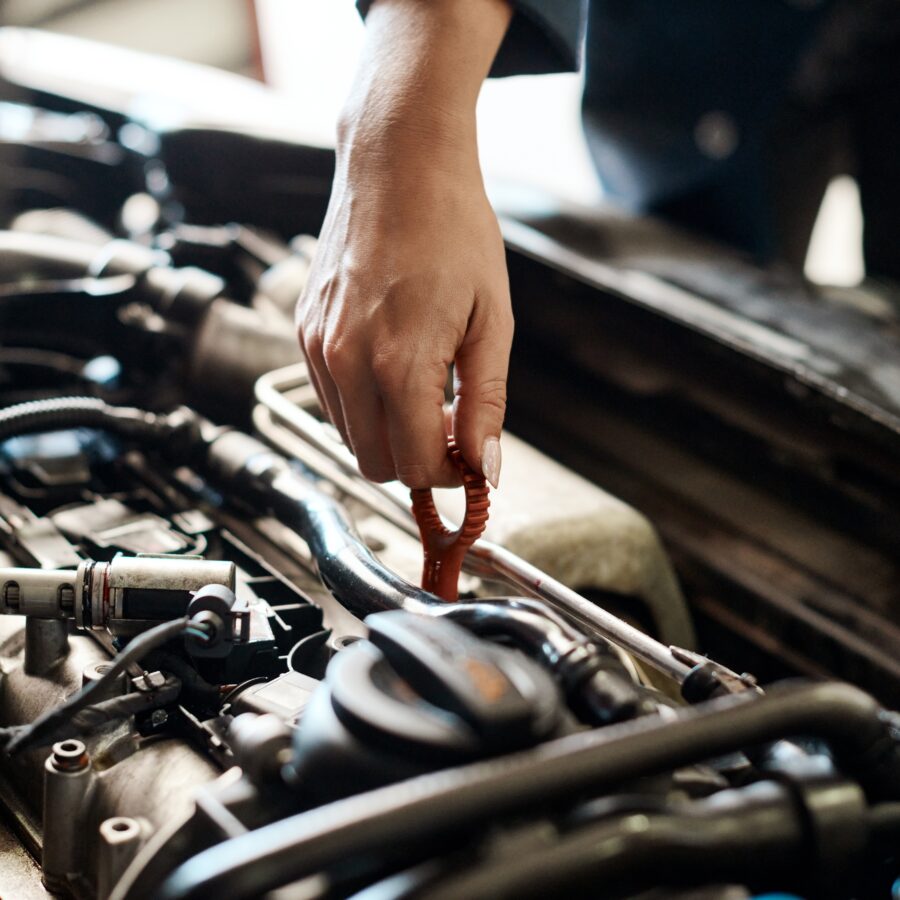Every day, thousands of drivers trust auto repair companies to fix their vehicles and make their travels safer. Safety issues are usually resolved in one trip, but sometimes there are complications. When the failure to solve an auto issue results in injury, investigation may prove fault on the part of the auto repair company. In many cases, auto repair companies have been found solely responsible for catastrophic accidents and death due to repairs that were not properly performed.
Common Faulty Repair Issues
Tire Puncture Repair
Improperly repaired tires can be life-threatening. In 2006, improper tire repair led totire tread separation and a vehicle rollover accident, resulting in the death of a married couple in Arizona. During the trial, evidence was presented that showed the repaired puncture was outside of the industry standard repairable area. Furthermore, the puncture was repaired using only a patch, without a plug of any kind. The affected area was in no way prepared prior to the repair, and sealant was not used after the repair was performed. Shockingly, one source stated that the technician at Mossy Ford in San Diego, California who performed the repair had limited experience and absolutely no tire repair training.

Brake Repair
Many tragic accidents have been caused by brake failure despite the fact that the brakes were recently serviced. After a brake service, if a driver still observes weak or “spongy” brakes, the brake systems should be re-serviced immediately. “Spongy” brakes essentially feel “mushy” to the driver and are less effective. The early stages of brake failure can be seen if the vehicle takes longer to stop, or if less braking power is exerted when the brakes are applied.
Loose Caps, Nuts, and Bolts after Repair
After routine services or repairs, components of a vehicle may not be properly tightened and secured. An improperly tightened cap, nut, or bolt can have tragic consequences. For example, an improperly secured tire may fall of the car while it is being driven on a highway, which in turn can cause an accident and catastrophic injuries.
Florida Lemon Law
The Florida Lemon Lawwas created to protect consumers from defective vehicles that experience repeated issues while under manufacturer warranty. A car may be considered a lemon if it:
Experiences a recurring issue that is not fixed after three attempts
Has been out-of-service for repair for at least 30 cumulative days
The owner must contact the manufacturer – not the dealer or an auto repair shop – for the third and final opportunity to fix the problem. The manufacturer is required to buy back the vehicle if the manufacturer does not fix the problem. At this point, the consumer has a right to a refund or replacement.
The Florida Motor Vehicle Repair Act
The Florida Motor Vehicle Repair Act was put in place to help consumers understand their rights and stay protected as they seek auto repairs. The most important topics covered in the act relate to estimates and invoices. The Florida Motor Vehicle Repair Act states consumers are entitled to receive a written estimate of the repair if the cost exceeds $100, to be notified as to whether new or used parts are going to be used in the repair, and to receive an itemized invoice for all work and parts. In addition, consumers may also request:
- To be contacted for authorization if the cost will be greater than the original estimate
- To keep old vehicle parts if they are being replaced
- Tips to Prevent Faulty Auto Repair
Consumers should always remain aware of the condition of their vehicles, as well as the condition of the repair shops and technicians they trust to repair their vehicles. Tips to prevent faulty repair include:
Asking friends and family for recommendations on trustworthy repair shops that they have used
Verifying that the repair shop is registered with the Department of Agriculture and Consumer Services, as required by Florida law
Researching the company online and with the Better Business Bureau, to ensure that no complaints or legal action have been taken against the repair shop
Getting a second, third, and even fourth opinion while comparing the varying cost and repair estimates
Asking the technician questions in order to fully understand the state of the vehicle, the justification for each suggestion, and the importance of each repair regarding the vehicle’s safety and functionality.


